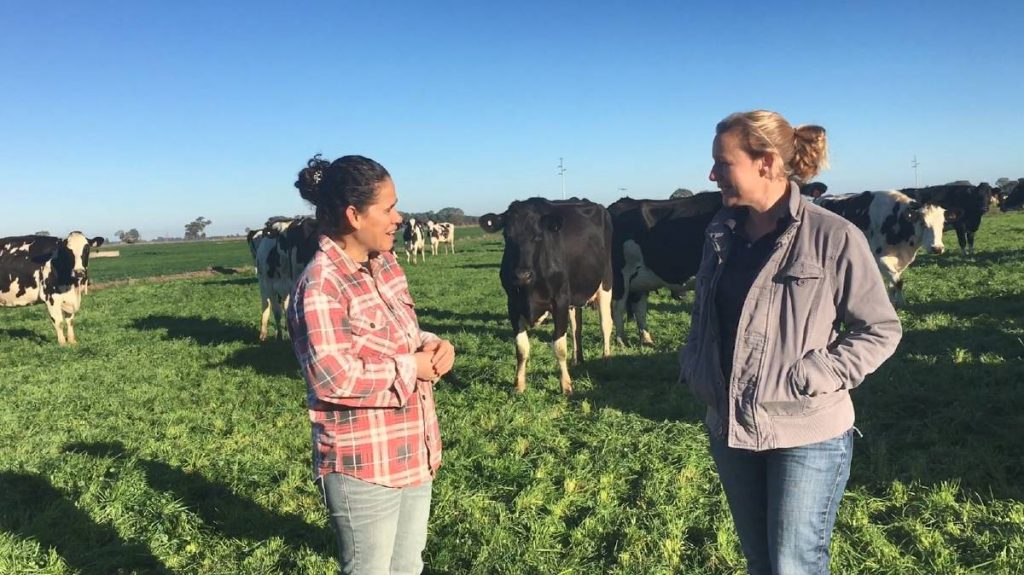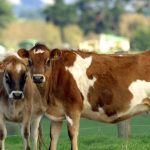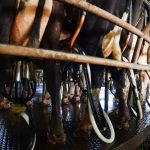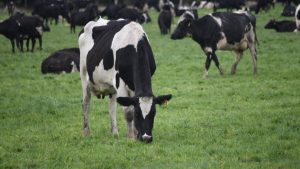
The changes were successfully progressed by the Australian Dairy Farmers, working closely with Dairy Australia, making the Australian dairy industry more attractive to skilled international labour.
The pathway gives dairy farmer Kristen Clark, from Finley, NSW, the opportunity to retain her skilled overseas worker who has developed a strong understanding of her farming system.
The fifth-generation dairy farmer milks 900 cows in the Riverina region alongside her mother, Helen and sister, Donna, producing more than eight million litres per year.
Kristen employs four family members on the farm, as well as five long-term local staff.
With farm workers increasingly hard to find in her local area, Kristen has employed a farm hand from Guatemala for the past five years under a temporary visa through a Dairy Industry Labour Agreement.
“We have always struggled to build our workforce and fill positions by getting locals on the farm,” Ms Clark said.
“We fill the gap with overseas workers, but the issue is that is they’re only able to be here for a limited time and they’re generally unskilled.
“The person we’ve employed has a built her skill base working for us — when she finishes up, we have to start from scratch with someone else.”
For each new farm worker Kristen employs, she estimates the cost to her farm business to be about $2000 in recruitment and training.
As well as reducing the cost of hiring new farm workers, the permanent residency pathway gives Kristen the opportunity to give her staff more training, building their capacity to learn new skills as her mum takes a step back from hands-on tasks.
Kristen also sees permanent residency as an opportunity for her overseas workers to get more involved in the local community.
“We want to employ people who live in our community, so we can give back to our community, but there will always be gaps to fill,” she said.
“People with permanent residency can fill that gap, because they get involved in the community as well.”
Farm hand Janeth Ventura is excited by the opportunities a permanent residency pathway will bring for her family and her dairy career.
The 36-year-old has raised her two children, aged 3 and 6, in Australia and hopes a permanent residency pathway will allow her to continue living in rural Australia, creating more stability for her family and her role on-farm.
“My father had a small dairy farm in my home country, so I’m in my element with this job and I love working with Australian dairy cows,” Ms Ventura said.
“I think working in Australia has improved my skills — I’ve learned new abilities because the farming system is so different.”
Through a permanent residency pathway, Ms Ventura hopes to upskill and pursue further training.
To vary existing labour agreements or apply for a new labour agreement to enable a pathway to permanent residency for their valued staff, farmers should email: labour.agreement.section@homeaffairs.gov.au.
More information on the Labour Agreement can be found at the People in Dairy website at thepeopleindairy.org.au/visa.

























